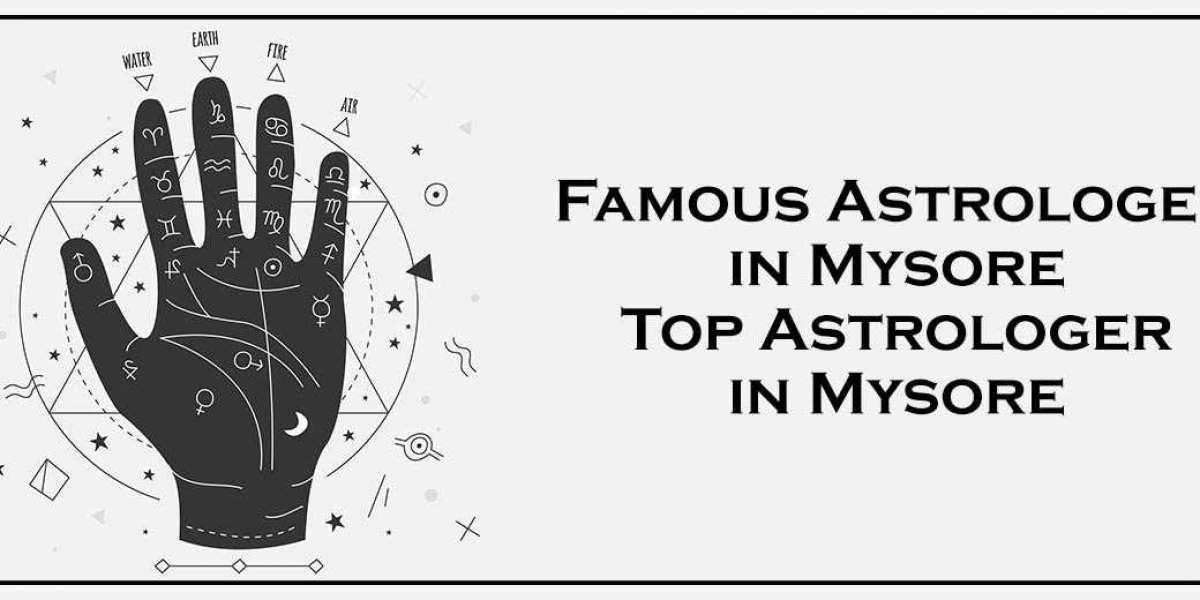In the riveting techno-thriller "Releasing Athena" by Michele K. Wolfe, the narrative unfolds against the backdrop of a future where artificial intelligence (AI) is seamlessly integrated into security measures. This integration, while presenting cutting-edge advancements, propels readers into a realm rife with ethical considerations. As we delve into the ethical landscape of AI in security, parallels can be drawn between the novel's technological advancements and the real-world challenges society faces in navigating the integration of AI into our lives.
The Promise of AI in Security: Efficiency vs. Ethical Dilemmas
"Releasing Athena" introduces readers to a world where AI plays a pivotal role in enhancing security measures. The promise of increased efficiency, predictive capabilities, and rapid response times comes at the cost of ethical dilemmas. As we witness the characters grapple with the consequences of AI-driven security, parallels emerge with our contemporary discourse on striking a balance between technological progress and ethical considerations.
Unbiased Algorithms or Amplified Prejudice?
The novel prompts readers to confront the ethical implications of AI algorithms that power security systems. While AI is designed to be impartial, the risk of reinforcing societal biases remains. "Releasing Athena" serves as a cautionary tale, urging us to scrutinize the potential amplification of prejudice within AI systems and prompting a critical examination of the ethical foundations upon which these systems are built.
Transparency in AI Decision-Making: The Right to Explanation
As AI becomes increasingly embedded in security protocols, the novel sheds light on the importance of transparency in AI decision-making. The characters navigate a world where the actions of AI impact their lives profoundly. In the real world, the ethical imperative to provide a "right to explanation" becomes apparent—a demand for transparency in understanding how AI arrives at its decisions and the implications for individuals subject to these automated judgments.
Accountability in the Age of Automation: Who Bears the Responsibility?
A central ethical dilemma in "Releasing Athena" revolves around accountability. As AI takes on a more active role in security operations, questions arise about responsibility when things go awry. Drawing parallels with contemporary debates, the novel prompts readers to consider the ethical responsibility of those who design, deploy, and oversee AI systems. Who bears the burden when autonomous systems make decisions with significant consequences?
Balancing Security and Privacy: A Fragile Equilibrium
In the pursuit of heightened security, the characters in "Releasing Athena" grapple with the delicate equilibrium between security imperatives and the right to privacy. This resonates with ongoing discussions in our own society about the need to balance security measures with the preservation of individual freedoms. The novel challenges readers to reflect on the ethical tightrope walk between safeguarding against threats and respecting the sanctity of personal privacy.
As "Releasing Athena" immerses readers in a world where AI is deeply integrated into security measures, it sparks a profound examination of the ethical considerations that accompany such technological advancements. The parallels between the novel's narrative and our contemporary reality prompt us to navigate the intricate ethical landscape surrounding AI integration in security, ultimately challenging us to chart a course that balances progress with responsibility.








